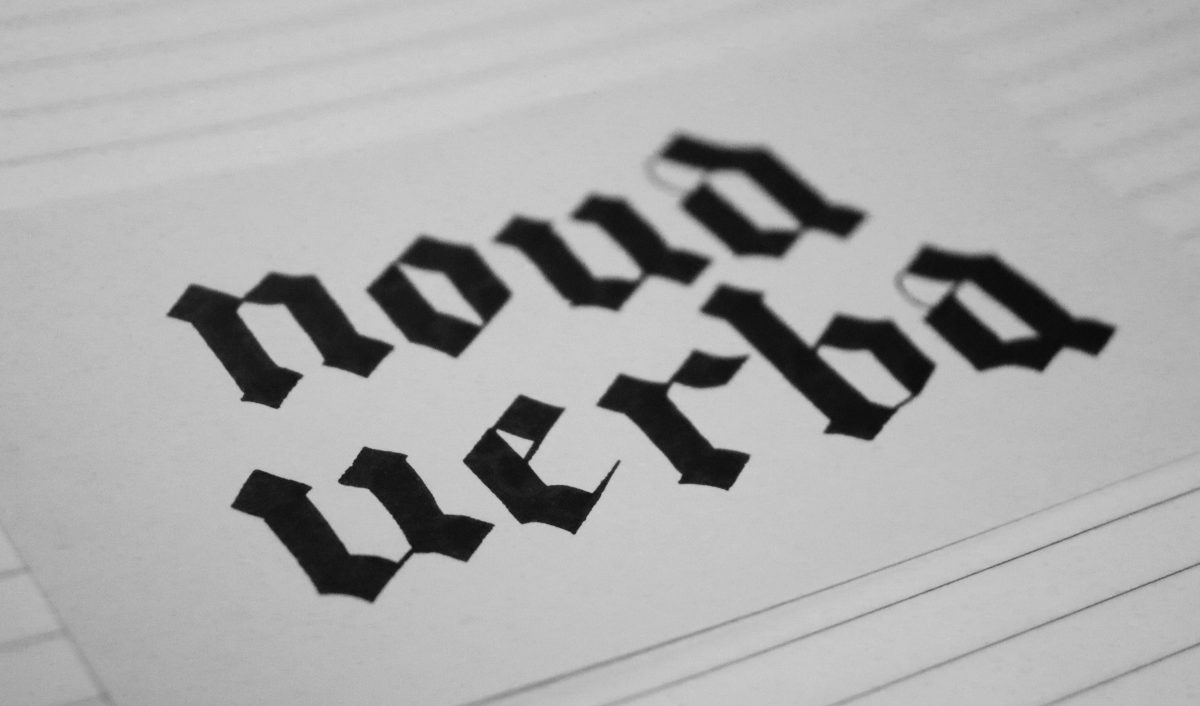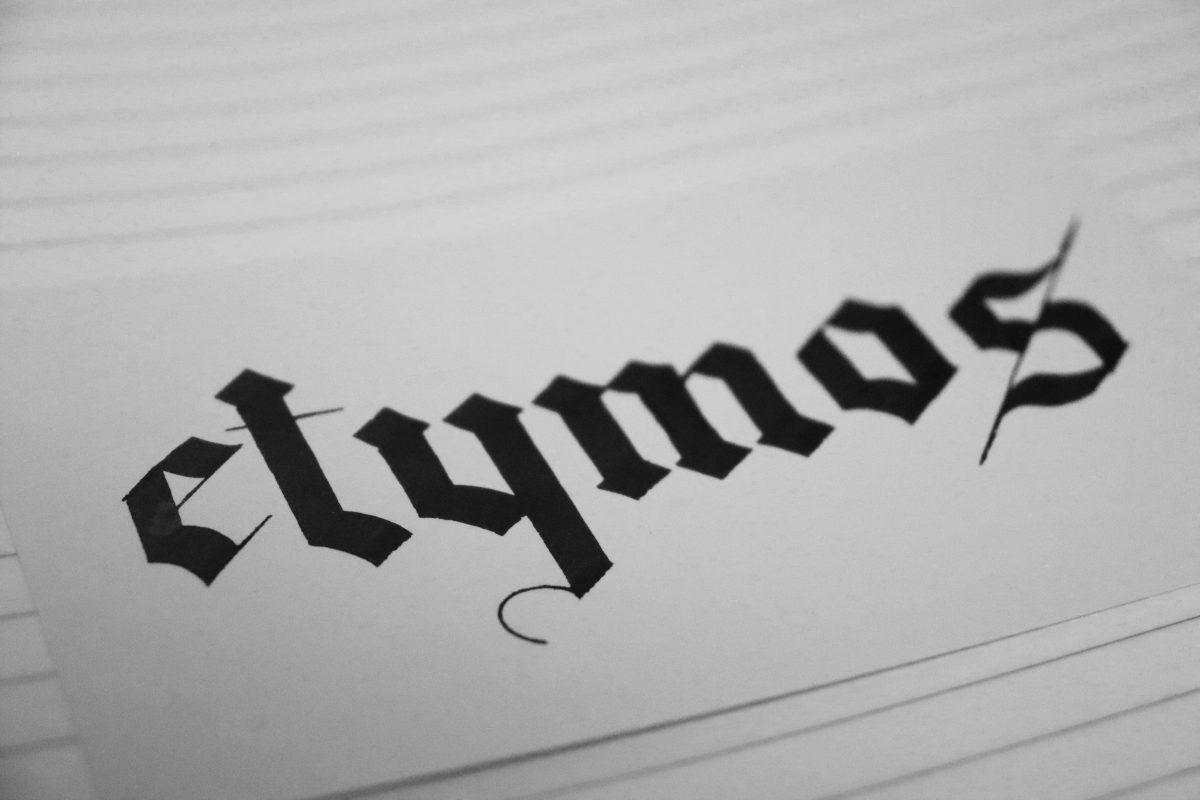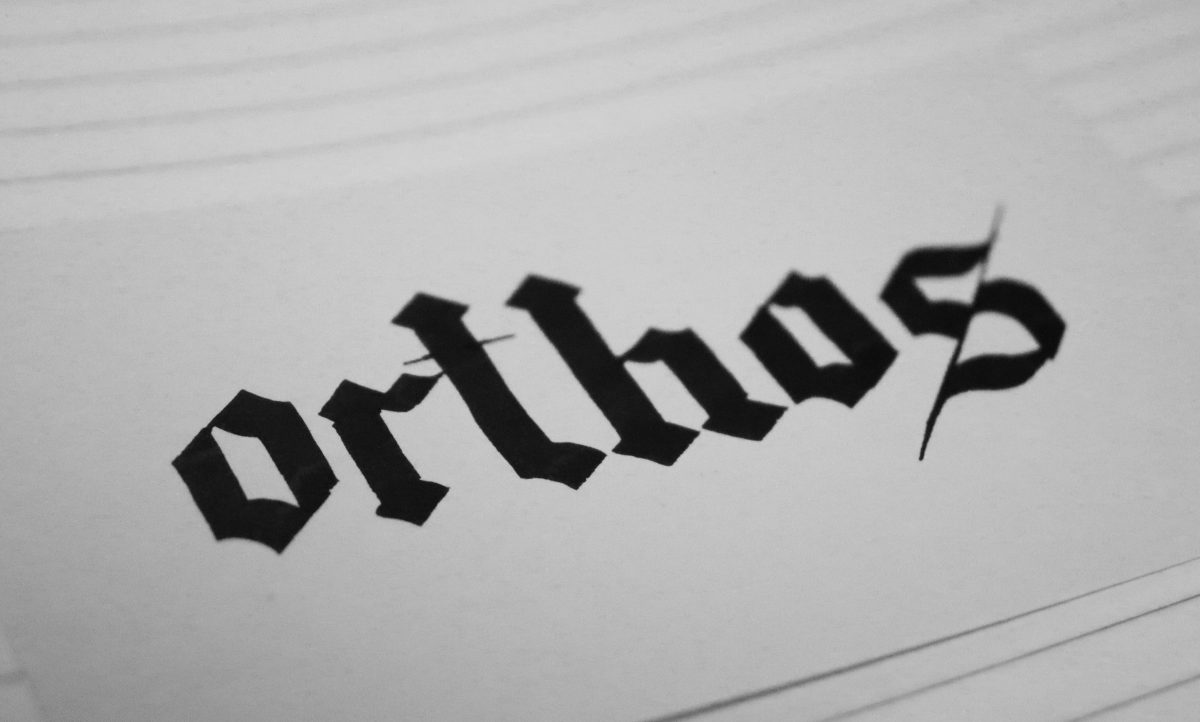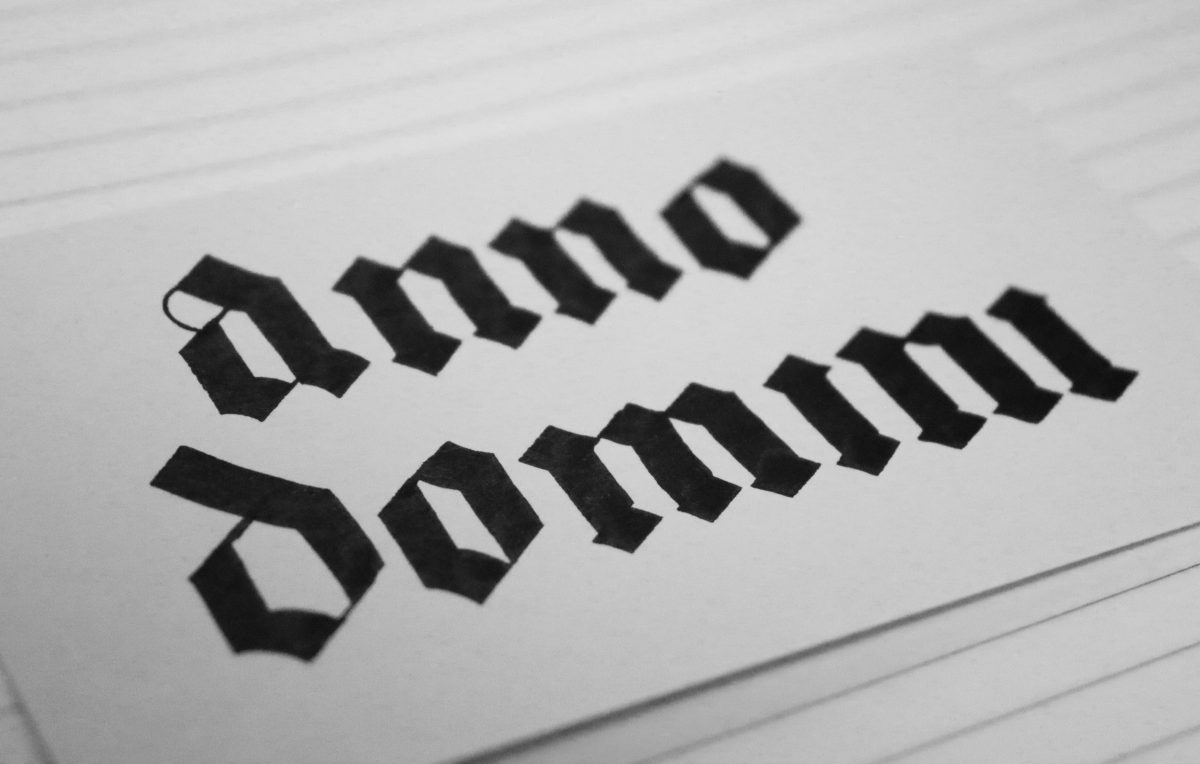You’ve either noticed it or you haven’t. If you haven’t noticed it, then there’s probably nothing I can do to point it out to you. If you have noticed it, then you probably already know what I’m talking about before I explain it.
Over the last few years, there have been a number of people – a very small number as a proportion of the total population, but very noticeable online – who seemed have developed an obsession with making themselves ugly.
Again, you either know who I mean or you don’t.
This is not something I saw coming. I think it is an internet phenomenon – it’s a phenomenon, for the most part, created by the internet – social media in particular. But ten years ago I would never have seen this coming.
Why do these people do it? I think it’s driven largely by a desire to be different – to be unique. Our society values individuality, which means that anything that shows you as not being like other people is desirable. It’s a fashion to show how you aren’t following the trend – how you’re doing something different – how you’re setting a new trend.
Of course, all of these people end up looking the same. Every generation has had this: a group of people who think that they are all different and special and unique, but who ultimately all end up looking the same. In the 90s and early 2000s it was the Goths. In the mid and late 2000s it was the Emos.
But unlike the Goths, who were (as far as I can tell) just obsessed with black dyed hair, eyeliner, black nail polish, and black clothes, and unlike the Emos, who were just obsessed with eyeliner and a brightly-coloured streak of hair sweeping across their face, covering their eyes, this latest cohort seems to be just obsessed with making themselves ugly. They favour mullets (a hairstyle that I’m sure a few years ago we all agreed should never make a return) – or more often a mullet with the front half of their head shaved. They favour nose piercings – like the ones that cows sometimes have. They reject the idea that people who are slender and muscular are generally better-looking. Like their predecessors, they are obsessed with coloured hair, but it is often a garish mixture of colours that do not go together.
I think this is driven by the desire to look different, but also with the presupposition that there is no such thing as objective beauty – that beauty is wholly subjective. This is a curse that has afflicted the Anglosphere for some time. The reality is that beauty is not wholly subjective. It’s not wholly objective either – it’s partly objective and partly subjective. That explains why humans have such a terrible time understanding it – we like absolutes – absolutes are easy to remember. It’s the same with fine art – paintings and the like – the beauty of a painting is not wholly subjective. The beauty of a building is not wholly subjective. The quality of a book or a movie is not wholly subjective. All of these things are partly objective.
If you are not yet disavowed of the idea that beauty is subjective, consider this: ask a thousand people who is better looking: Chris Hemsworth or Boris Johnson. You already know, roughly, what the results of such a survey would be before you see them. You could try the same survey with many such pairs of well-known people. You would, very often, be able to roughly predict the results. How are you able to do this unless there is a pattern to them? That pattern is simply an objective fact about human beings – what human beings consider beauty to be. That pattern might vary slightly from one society to another, but it cannot be wholly gainsaid. You also may not be able to predict equally as reliably how an individual person might respond to the survey, but that does not negate the pattern for a large population. Beauty is partly objective.
And I think all of these people who are obsessed with making themselves ugly, on some level, know this. What they do is about rebellion. It is using rebellion, as fashion, as a signifier of how virtuous they perceive themselves to be (where, in a society that values individuality and self-expression, non-conformity is considered a virtue). In a society that has mastered beauty (through cosmetic products, digital photo editing, the millions-strong filter for beauty that is Instagram, and even plastic surgery and weight loss injections), ugliness is the only form of aesthetic rebellion that remains.
I have seen this phenomenon enough times now that I find I need a word for it. As always, the best English words are constructed from Latin or Greek elements. There is an Ancient Greek word, αἶσχος, aiskhos, meaning ‘ugliness’, but also ‘disgrace’ or ‘disgraceful deeds’. This would seem to be the perfect word, so I name this phenomenon aischomania – ‘the obsession with making oneself ugly, usually as an act of social or cultural rebellion’. (I have tried to mimic the usual pattern of consonant changes when words travel from Ancient Greek to English, but I might have gotten it wrong.)
This word could also be applied metaphorically to the obsession with ugliness seen in other areas of modern life. Brutalist architecture – and a lot of later styles – is an example of aischomania. Modern art is, often, an example of aischomania. Even some contemporary styles of music are.
Aischomania – the obsession with and desire for ugliness, often with the belief that there is a kind of moral purity that can be found only through disgrace and self-degradation.



